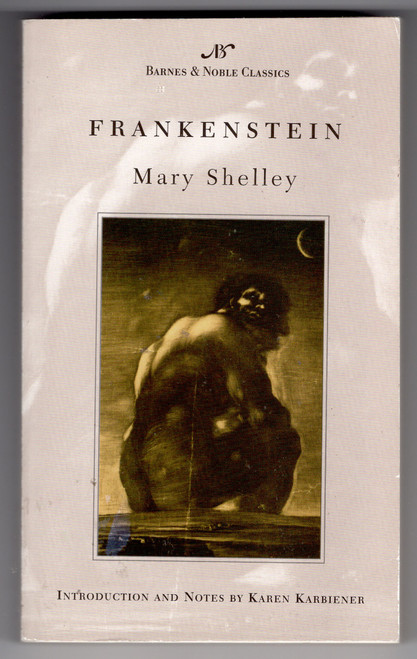Book Blurb
One of the greatest mystery thrillers ever written, Wilkie Collins’s The Woman in White was a phenomenal bestseller in the 1860s, achieving even greater success than works by Dickens, Collins’s friend and mentor. Full of surprise, intrigue, and suspense, this vastly entertaining novel continues to enthrall readers today.
The story begins with an eerie midnight encounter between artist Walter Hartright and a ghostly woman dressed all in white who seems desperate to share a dark secret. The next day Hartright, engaged as a drawing master to the beautiful Laura Fairlie and her half sister, tells his pupils about the strange events of the previous evening. Determined to learn all they can about the mysterious woman in white, the three soon find themselves drawn into a chilling vortex of crime, poison, kidnapping, and international intrigue.
Masterfully constructed, The Woman in White is dominated by two of the finest creations in all Victorian fiction—Marion Halcombe, dark, mannish, yet irresistibly fascinating, and Count Fosco, the sinister and flamboyant “Napoleon of Crime.”
Introduction and Notes by Camille Cauti
About the Author
William Wilkie Collins was born in London in 1824, the eldest son of a successful painter, William Collins. He studied law and was admitted to the bar but never practiced his nominal profession, devoting his time to writing instead. His first published book was a biography of his father, his second a florid historical romance. The first hint of his later talents came with Basil (1852), a vivid tale of seduction, treachery, and revenge.
Collins’s first mystery novel was Hide and Seek (1853). His first popular success was The Woman in White (1860), followed by No Name (1862), Armadale (1866), and The Moonstone (1868), whose Sergeant Cuff became a prototype of the detective hero in English fiction. Collins’s concentration on the seamier side of life did not endear him to the critics of his day, but he was among the most popular of Victorian novelists. His meticulously plotted, often violent novels are now recognized as the direct ancestors of the modern mystery novel and thriller.
Camille Cauti earned a Ph.D. in English from Columbia University. Her dissertation concerns the Catholic conversion trend among the London avant-garde of the 1890s. She has also published articles in Italian-American studies. She works in New York City as an editor and critic.








